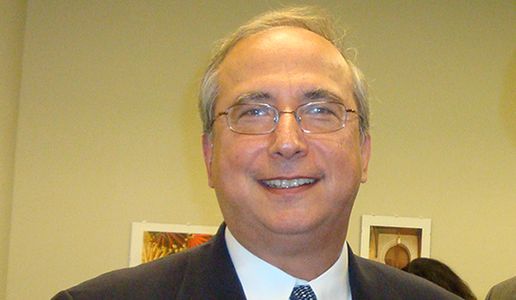Aftandilian Weighs in on Recognition of Palestinian Statehood
Professor Gregory Aftandilian was quoted in a Wyoming Star report titled “Recognition of Palestine. Symbolic Breakthrough or Empty Gesture?” The article deep dived into the question of Palestinian statehood, which has lingered in international politics since 1988. The report underscored that instead of serving as a solution to sovereignty, this recognition has manifested as a diplomatic signal for “countries to express solidarity with Palestinians or frustration with Israel, especially during wars in Gaza.”

Aftandilian expressed skepticism on the recognition of a Palestinian state due to Benjamin Netanyahu’s continuing dominance in Israel. But, he did acknowledge the symbolic relevance of this recognition, which demonstrates a propensity for a two-state solution in the international community.
“On a practical matter, recognition of a Palestinian state is not going to change things on the ground, especially as long as the Netanyahu government remains in charge because this government is adamantly opposed to such a state,” said Aftandilian. “However, symbolically it is important because it shows how isolated Israel is right now in the international community and how most countries in the world still believe that the two-state solution to the Israeli-Palestinian conflict is what everyone should strive for.”
To access the full news story, click here.
Gregory Aftandilian, a consultant, scholar, and lecturer, is an adjunct faculty member at the Frederick S. Pardee School of Global Studies. He is also an associate of the Middle East Center at the University of Massachusetts-Lowell and a Senior Fellow for the Middle East at the Center for National Policy in Washington, D.C. He spent over 21 years in government service, most recently on Capitol Hill where he was foreign policy adviser to Congressman Chris Van Hollen (2007-2008), professional staff member of the Senate Foreign Relations Committee and foreign policy adviser to Senator Paul Sarbanes (2000-2004), and foreign policy fellow to the late Senator Edward Kennedy (1999).